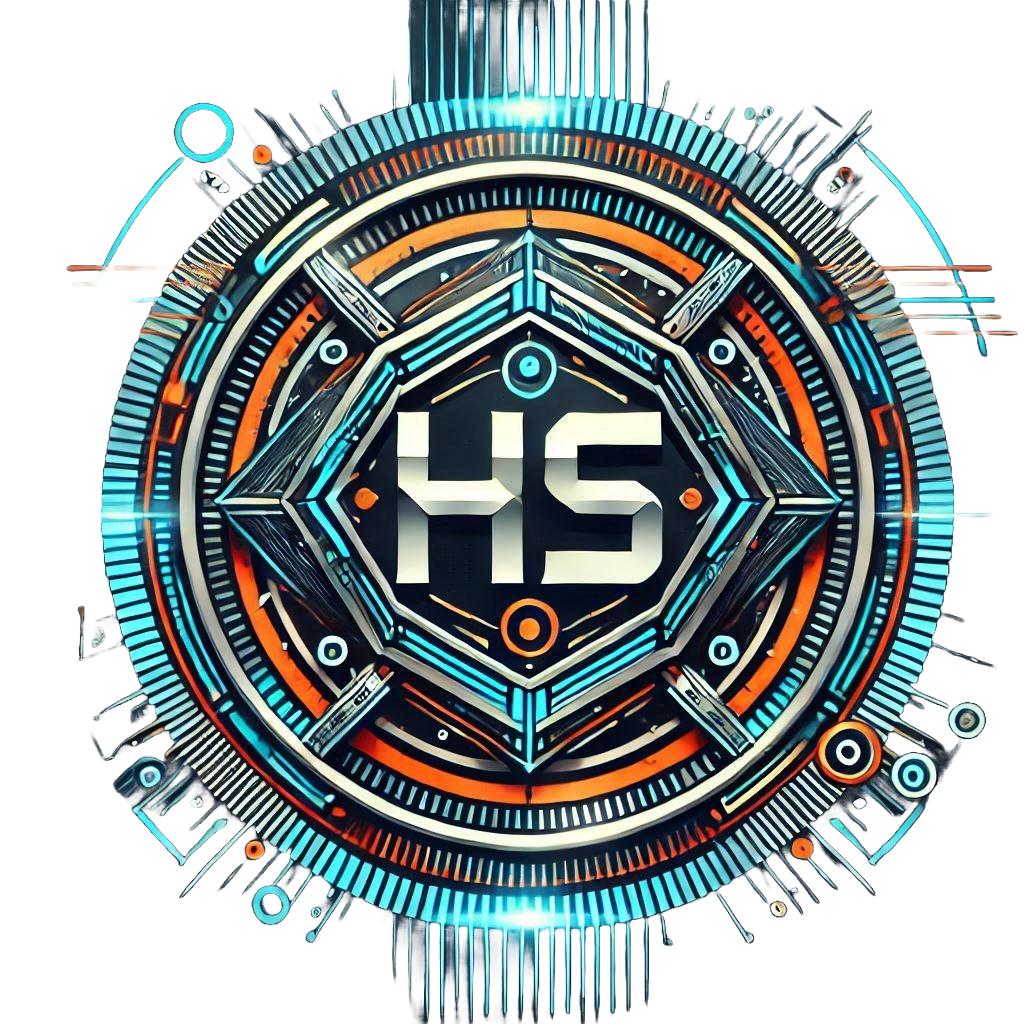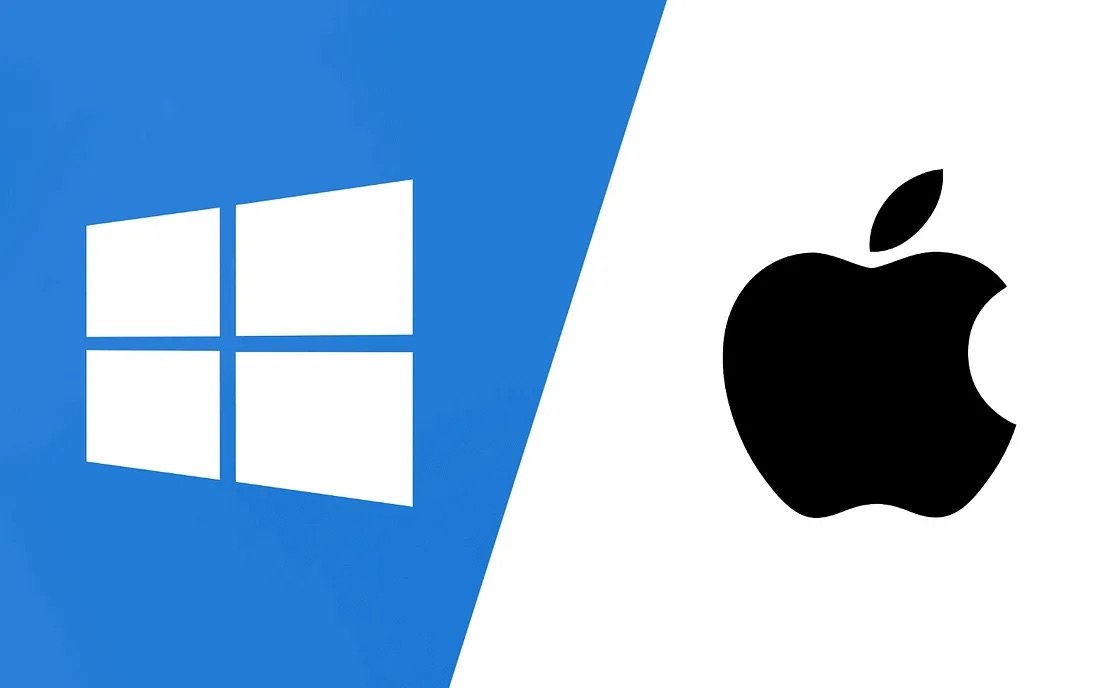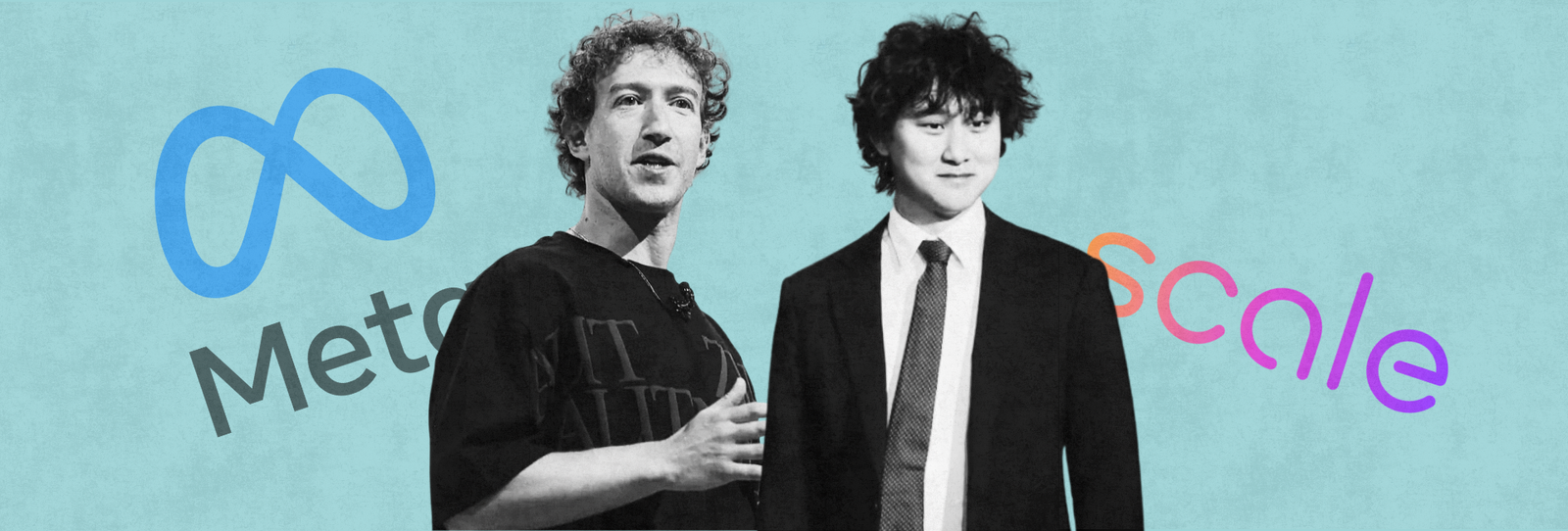If you’re a developer considering switching from Windows to Mac for coding, you’re not alone. Many programmers debate which operating system best suits their needs, especially as MacBooks gain popularity in software development, machine learning, and app development. But is making the switch worth it? This guide will break down the key advantages and potential drawbacks of coding on macOS vs. Windows, helping you decide if a Mac is the right choice for your development workflow.
Why Developers Choose Mac for Coding
1. Unix-Based System: macOS is Closer to Linux
macOS is built on Unix, making it an ideal environment for developers who frequently work with Linux-based servers. This means you can use terminal commands, package managers (like Homebrew), and shell scripting similar to Linux, reducing compatibility issues when deploying applications.
2. Native Support for Multiple Development Environments
Macs natively support popular programming languages like Python, Ruby, Swift, Java, and JavaScript. Additionally, if you develop iOS or macOS apps, Xcode (Apple’s official IDE) is only available on macOS, making it a must-have for Apple ecosystem developers.
3. Better Security and Stability
macOS is known for its robust security features, including Gatekeeper, System Integrity Protection (SIP), and fewer vulnerabilities compared to Windows. This makes it a safer option for developers working on sensitive projects or cybersecurity applications.
4. High-Quality Hardware and Optimized Performance
MacBooks, particularly the MacBook Pro with M-series chips M1, M2, M3, M4(latest), offer excellent battery life, powerful performance, and high-resolution Retina displays. The optimized hardware and software integration in macOS ensures smooth performance when running heavy IDEs like Visual Studio Code, JetBrains, or Docker.
5. Efficient Package Management with Homebrew
One major advantage of macOS over Windows is Homebrew, a package manager that simplifies installing software and development tools. Windows users often rely on WSL (Windows Subsystem for Linux) or third-party package managers like Chocolatey, which may not be as seamless as Homebrew.
Challenges of Switching from Windows to Mac
1. Expensive Hardware
MacBooks and iMacs are significantly more expensive than most Windows-based laptops and desktops with similar specifications. If budget is a concern, transitioning to macOS might require a bigger upfront investment.
2. Limited Customization Options
Unlike Windows, macOS is less customizable. Advanced users who prefer deep system customization, hardware flexibility, or gaming setups may find macOS restrictive.
3. Compatibility Issues with Some Software
Certain development tools and software, like some Windows-specific frameworks, .NET applications, and gaming engines, may not work as smoothly on a Mac. While tools like Parallels or Boot Camp allow you to run Windows on a Mac, they require additional setup and system resources.
4. Fewer Gaming and Entertainment Options
If you use your machine for both coding and gaming, Windows remains the better choice. macOS lacks strong support for high-end gaming due to limited compatibility with DirectX-based games.
When Should You Stay on Windows for Coding?
• You develop primarily in .NET, C#, or Windows-based applications.
• You require affordable and upgradable hardware.
• You rely on Windows-exclusive tools like Visual Studio (full version), some enterprise software, or certain game development engines.
• You prefer an OS with high customizability and better gaming options.
When Should You Switch to Mac for Coding?
• You work with iOS/macOS app development using Swift and Xcode.
• You develop for Linux-based environments and need a Unix-like system.
• You want better security, a powerful terminal, and smooth package management.
• You prefer a longer battery life, premium build quality, and better system optimization.
Final Verdict: Should You Switch?
If you work with web development, mobile app development, or cloud computing, a MacBook is a solid investment. However, if your work revolves around Windows-based software, enterprise applications, or gaming, sticking with Windows is the more practical choice.
Ultimately, the best OS for coding depends on your specific needs and workflow. If possible, try using both operating systems—many developers use a Mac for primary development and a Windows machine for testing, gaming, or Windows-exclusive applications.



